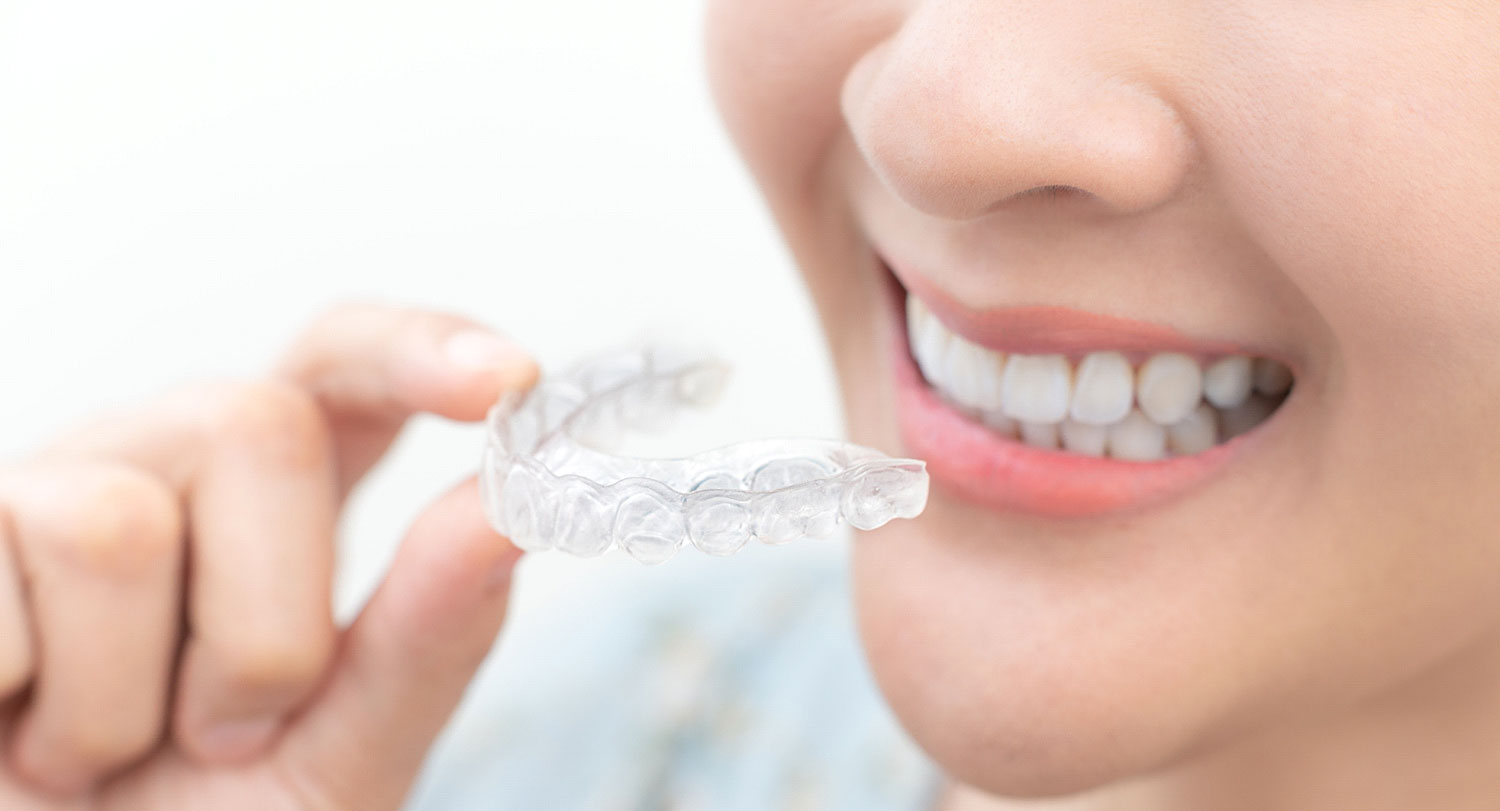Most people conjure images of athletes and sports when thinking about mouthguards. However, these dental devices also help treat medical conditions like snoring, teeth grinding, and mild sleep apnea. As such, you can get varying types of mouthguards depending on intended use and budget.
The most common uses for mouthguards include the following:
- Sports (football, hockey, wrestling, boxing, etc.)
- Teeth grinding
- Sleep apnea
- Snoring
If you’re in the market for mouth guards, keep reading to learn about the different types of mouthguards you can get, their pros and cons, and their optimal uses.
- Stock Mouthguards
You can purchase stock mouthguards over the counter at most sporting goods and drug stores. These mouthguards are pre-formed and ready to wear. They’re also the most affordable option in the market. However, it’s important to note that a stock mouthguard may not offer the same level of protection as a custom-made one since it isn’t designed to fit your unique teeth and jawline.
As such, a stock mouthguard can be difficult to keep in place, forcing you to bite down on it constantly. Because these over-the-counter options tend to be bulky, they can be uncomfortable and trigger gagging. Moreover, poor fit leads to minimal protection for your teeth. It’s best to use this type of mouthguard only as a last resort.
- Nightguards Or Night Splints
As the name suggests, night guards are worn during sleep to alleviate the oft-overlooked condition of teeth grinding. Medically called bruxism, its causes include the following:
- Abnormal bite
- Crooked or missing teeth
- Stress and anxiety
- Sleep disorders
Regularly grinding and clenching your teeth can damage your teeth, gums, and jaw joints. People with bruxism aren’t always aware of the condition. However, if you regularly wake up with a headache or a sore jaw, you might need to use night guards to help treat bruxism.
Apart from bruxism, TMJ (temporomandibular joint) is another common jaw disorder that can cause the following:
- Frequent discomfort around the jaw or teeth joints
- Pain near the ears
- Facial aches and other jaw-related pain
For such cases, a night splint can relieve and align the jaw. If you suspect you have symptoms like the ones described above, consult your dentist.
- Mouth-Formed Mouthguards
There are two primary types of mouth-formed mouthguards. These include the following:
- Boil-And-Bite: Made of thermoplastic material, these mouthguards soften when submerged in hot water. Once it softens, you can press and bite down on the mouthguard to make it conform to your teeth and jaw shape. You can repeat the process if the initial fit isn’t optimal.
- Shell Liner: These mouthguards are lined with either acrylic gel or rubber that forms with your dental profile and keep their shape.
Compared to stock mouthguards, mouth-formed ones are more flexible and provide more protection. While they can suffice as night guards, mouth-formed mouthguards aren’t the best option for high-impact activities.
- Custom-Fitted Mouthguards
For optimal fit and utmost protection, a custom-fitted mouthguard is your best option whether you’re an athlete or dealing with bruxism and jaw-related issues. Essentially, dentists take precise measurements of your mouth profile to design a mouth guard impression tailored to your dental anatomy. Because they are custom fitted, these mouthguards cover all the teeth and cushion the chin from potential blows and falls.
In addition, they’re commonly used as the first step in treating snoring and sleep apnea, as they help shift and reposition the jaw to open the airway during sleep. While custom-fitted mouthguards are more expensive than the other options mentioned above, they provide the following benefits:
- Stay firmly fitted during high-impact movements
- Customized for specific activities and their levels of risk and potential injury
- Allow normal speaking patterns
- Don’t limit breathing or cause gagging
- Comfortable and highly durable
On top of these, you can also add layers of protection, choose from a range of colours, and even add labels, such as team names, for full customization.
Costs
To give you an idea, below is the price range for the different kinds of mouthguards:
- Stock: AUD$ 10 to AUD$ 15
- Mouth-formed: AUD$ 5 to AUD$ 80
- Custom-fitted: AUD$ 190 to AUD$ 300
Given the significant price difference, going for the cheaper alternatives can be tempting. However, you can’t put a price tag on protecting yourself from potential teeth and jaw damage and injuries.
Final Words
If you regularly play sports or partake in high-impact activities like mountain biking or skiing, a mouthguard is an essential piece of equipment to protect your teeth, gums, and jaws. In addition to protection from fractures, cracks, and chips, the best custom-fitted mouthguards reduce the risk of concussions and other head injuries. Meanwhile, they’re also excellent as the first line of defence against bruxism and other jaw-related issues.
Whether you need mouthguards for sport or medical conditions, it’s best to consult your dentist, who can recommend the optimal type of protection for your needs and prospective manufacturers.






